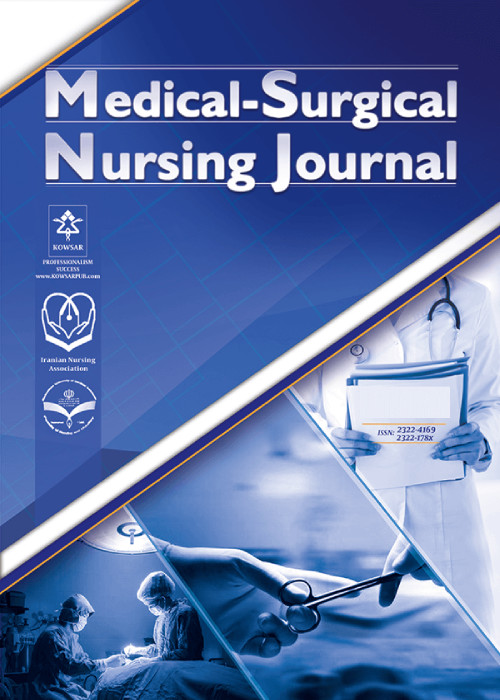Effects of Lifestyle Education on Depression, Anxiety, Stress, and Perceived Family Support Among Hypertensive Patients
Hypertension is a major global health problem and a risk factor for cardiovascular disease. An unhealthy lifestyle can increase the risk of hypertension and psychological disorders, thereby heightening the risk of cardiovascular disease.
The study aimed to evaluate the effects of lifestyle education on depression, anxiety, stress, and perceived family support among hypertensive patients undergoing coronary angioplasty.
This randomized clinical trial recruited 60 hypertensive patients undergoing angioplasty at the coronary care units of an educational hospital in Isfahan, Iran, in 2015. Then, 30 subjects were randomly allocated to each intervention and control group. The patients in the intervention group and their family members were provided with group lifestyle education in six sessions held in three successive weeks, accompanied by one-month follow-up telephone contacts. Data were collected before, immediately after, and one month after the intervention using a demographic questionnaire, the 21-item Depression, Anxiety, and Stress Scale with Cronbach’s alpha values of 0.80, 0.83, and 0.87, and a researcher-made family support questionnaire. Data analysis was done using the paired-sample t, independent-sample t, chi-square, Mann-Whitney U, and repeated-measures analysis of variance tests.
The study groups did not significantly differ respecting demographic characteristics, and the pretest mean scores of depression, anxiety, stress, and perceived family support (P > 0.05). However, significant between-group differences were observed at both posttests, respecting the mean scores of depression, anxiety, stress, and perceived family support (P < 0.05). Moreover, while these mean scores did not significantly change in the control group (P > 0.05), the mean scores of depression, anxiety, and stress significantly decreased, and the mean score of perceived family support significantly increased in the intervention group across the three measurements (P < 0.05).
Lifestyle education effectively reduced depression, anxiety, and stress and improved perceived family support among patients with hypertension and angioplasty. Nurses can use such interventions to improve patient outcomes.
- حق عضویت دریافتی صرف حمایت از نشریات عضو و نگهداری، تکمیل و توسعه مگیران میشود.
- پرداخت حق اشتراک و دانلود مقالات اجازه بازنشر آن در سایر رسانههای چاپی و دیجیتال را به کاربر نمیدهد.



